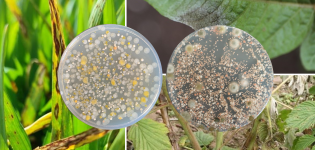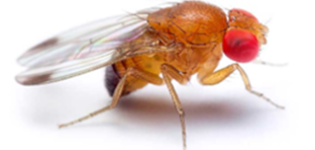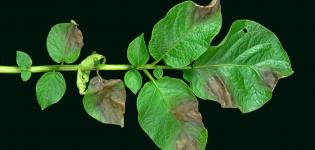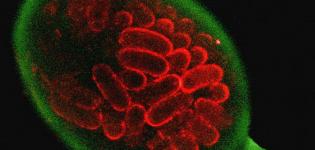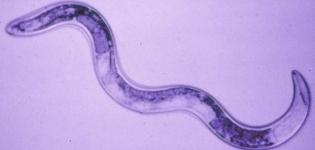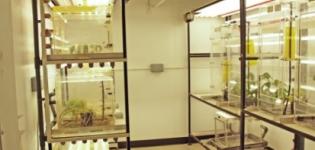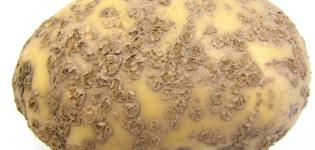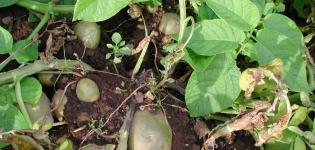Plant microbiomes
Plant microbiome-based approaches aim to enhance plant immunity and resilience by leveraging beneficial microbes and managing the microbial community through both direct applications and indirect agricultural practices. Advances in sequencing technologies now enable targeted, sustainable disease management strategies that complement traditional crop protection within integrated pest management (IPM) frameworks.
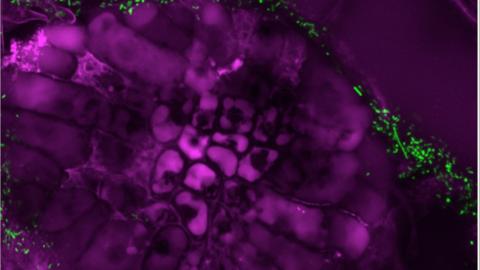
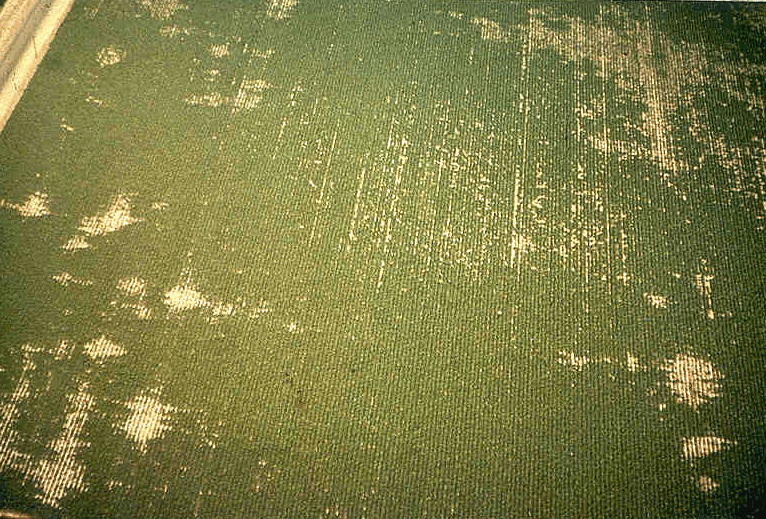 There are numerous species of microscopic Free-Living Nematodes (FLN) that affect hundreds of crops globally directly through root feeding that results in reduced yields or indirectly through transmission of viruses that impact quality of produce. Plant pathogenic species of FLN are primarily ectoparasitic root feeders though some species, known as semi endo-parasitic, will briefly enter the host crop. Thus, unlike other groups of plant feeding nematodes, like potato cyst nematodes, typically FLN undertake no significant part of their life cycle within a host plant. FLN also comprise of a range of feeding groups which are considered beneficial to soils: bacteriovores, fungivores, omnivores and predators. FLN typically occur in discrete patches therefore it is unusual for nematode related problems to be uniform across fields.
There are numerous species of microscopic Free-Living Nematodes (FLN) that affect hundreds of crops globally directly through root feeding that results in reduced yields or indirectly through transmission of viruses that impact quality of produce. Plant pathogenic species of FLN are primarily ectoparasitic root feeders though some species, known as semi endo-parasitic, will briefly enter the host crop. Thus, unlike other groups of plant feeding nematodes, like potato cyst nematodes, typically FLN undertake no significant part of their life cycle within a host plant. FLN also comprise of a range of feeding groups which are considered beneficial to soils: bacteriovores, fungivores, omnivores and predators. FLN typically occur in discrete patches therefore it is unusual for nematode related problems to be uniform across fields.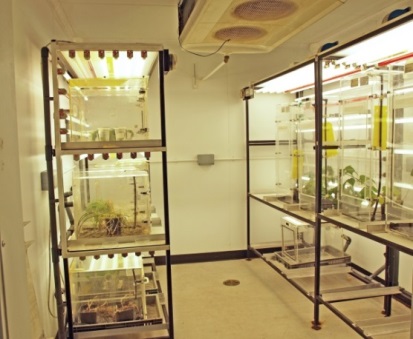
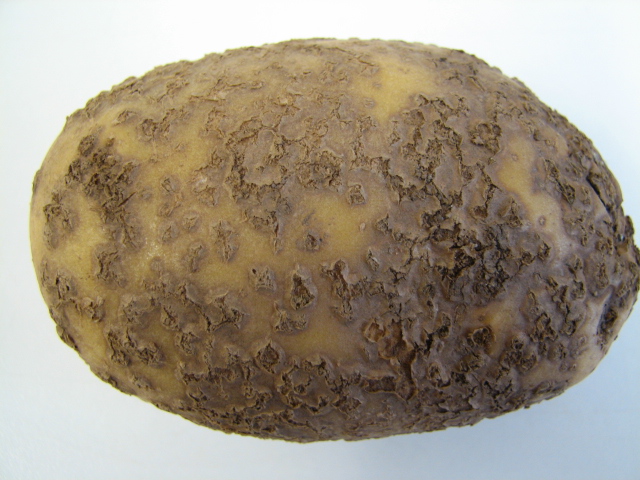 Soil-borne pathogens of potato cause a number of serious blemish diseases. By employing appropriate soil sampling strategies in conjunction with a
Soil-borne pathogens of potato cause a number of serious blemish diseases. By employing appropriate soil sampling strategies in conjunction with a 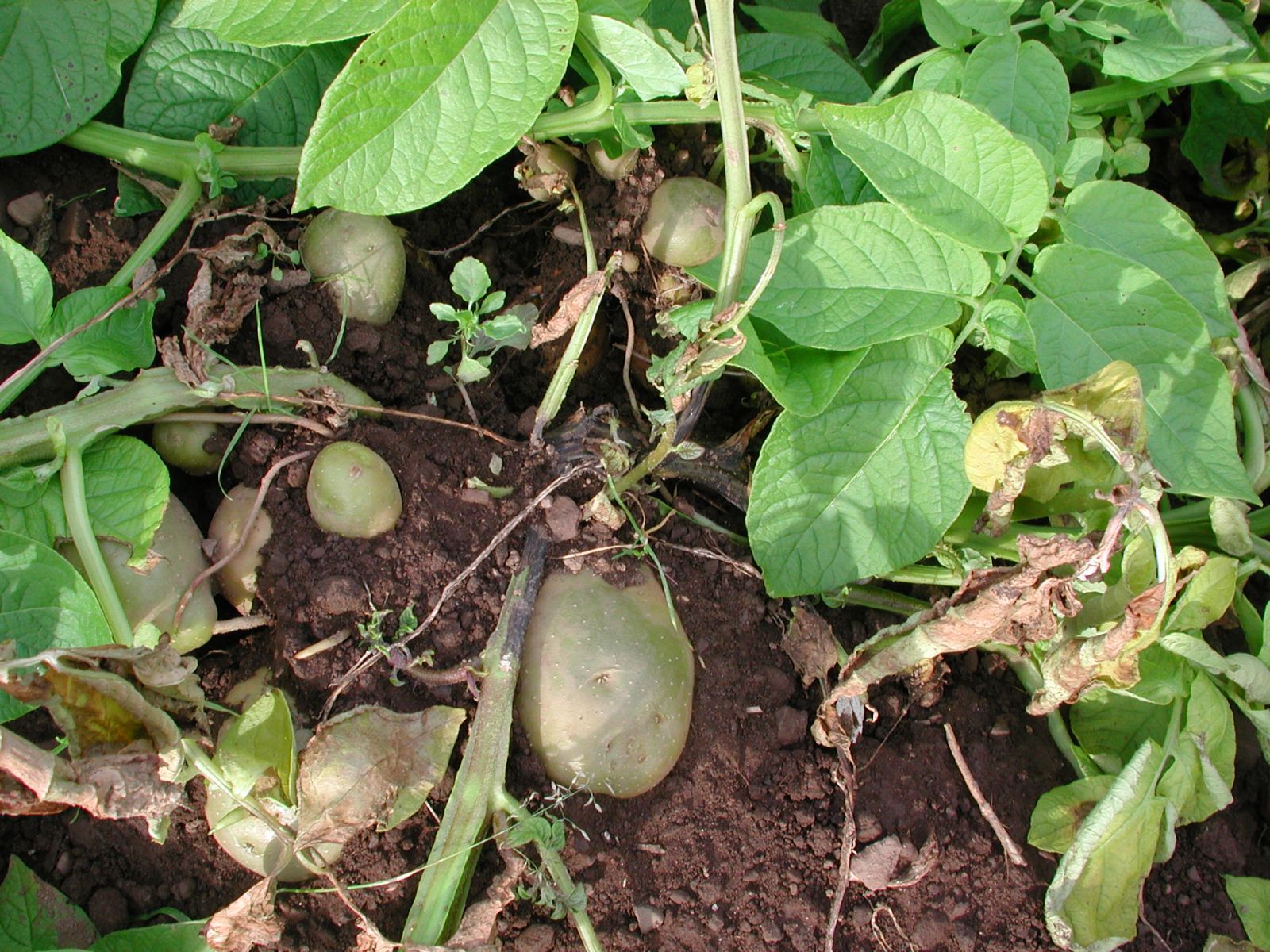 Blackleg (including soft rot) of potato is a devastating disease for which there are no chemical treatments. Disease control is particularly important for the seed potato industry as the pathogen, once present, increases in population through seed generations. Since the 1960s, disease has been controlled by ventilated storage, seed certification, good hygiene and more recently by managing seed imports (safe haven scheme and Government legislation). While disease incidence is much reduced than 50 years ago, it still remains a major problem both in Europe and beyond. Over the last 5 years blackleg disease appears to be on the increase although the reasons for this are not clear. At the Institute we are focussing on 4 control measures to be included in the blackleg IPM strategy.
Blackleg (including soft rot) of potato is a devastating disease for which there are no chemical treatments. Disease control is particularly important for the seed potato industry as the pathogen, once present, increases in population through seed generations. Since the 1960s, disease has been controlled by ventilated storage, seed certification, good hygiene and more recently by managing seed imports (safe haven scheme and Government legislation). While disease incidence is much reduced than 50 years ago, it still remains a major problem both in Europe and beyond. Over the last 5 years blackleg disease appears to be on the increase although the reasons for this are not clear. At the Institute we are focussing on 4 control measures to be included in the blackleg IPM strategy.